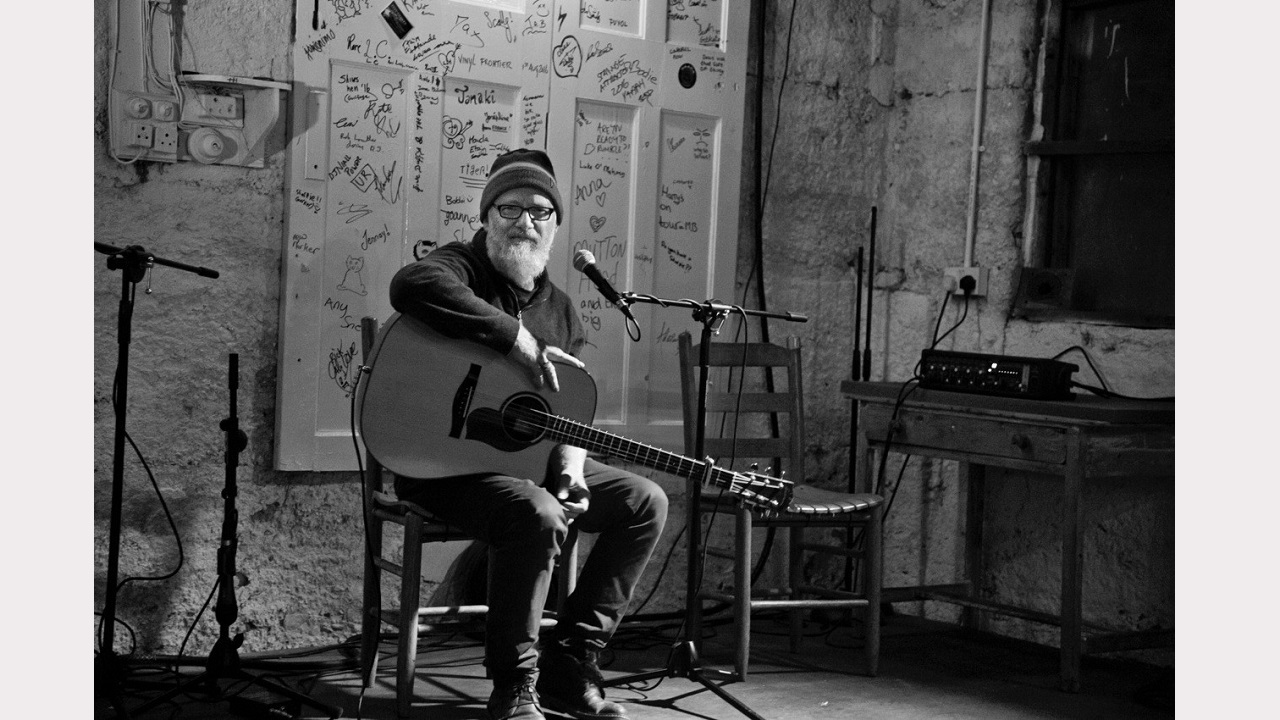Patients help actors to bring cancer stories to the stage
Patients help actors to bring cancer stories to the stage
by Heather Wiseman
Wednesday, November 23, 2016
At Daffodil Cottage in Bathurst, NSW, cancer patients and their carers are generously telling their stories. Listening and learning are amateur actors, inspired by the challenge of bringing the real-life-experiences authentically to the stage.
Interviewing people at an oncology and palliative treatment facility is not standard preparation for a piece of theatre. But the production also won’t be a standard kind of play. When it opens in Bathurst on 1 April next year, locals will be given an intimate new perspective on how palliative care and oncology services work together. They’ll see what life is like, living with cancer and its treatments. And they’ll gain practical insight into what support these people need from members of their community.
James Daley, a palliative care nurse consultant working on the production, says the documentary approach is known as verbatim theatre. Patient stories will be edited and clustered into themes, but the scripts – having been pulled from transcribed interviews – will remain true to what patients have said. There is no shortage of emotion to pull from.
“During interviews patients are crying, carers are crying, and they are laughing about things that have happened. We are going to show this roller coaster of the ups and downs,” says Mr Daley, who works for Western NSW Local Health District.
He says the community awareness project is a group effort borne of many local people’s ideas, ranging from clinicians to patients. A side benefit is the incidental learning that’s occurring for all local people involved.
“We’re drawing on the Bathurst Theatre Company and volunteers and we’ve got admin people working on the program; it is bringing a whole lot of people together,” says Mr Daley, who will play guitar and keyboard for the show.
“It is kind of like a school theatre production – everyone is really excited about it.”
Mr Daley says some of Daffodil Cottage’s oncology patients have been receiving palliative care for 10 years. The play will highlight that for some patients, living with a terminal illness “is not just a sprint, it is a marathon”.
It will show that the palliative care team supports patients and their carers in both hospital and community settings, and that palliative care can be provided when patients are still receiving active treatment.
“It will help people understand some of the specialised roles that are part of the palliative care team right across occupational therapists, dieticians and social workers and how they work with patients,” Mr Daley says.
One of the unexpected themes to emerge from the transcripts is the extent teenagers can resent their life becoming dominated by their parent’s illness.
“It will give them permission to show that they’re not just the silent witnesses.
“They are experiencing this as well and have their own perspective. Sometimes they may not be feeling particularly nice about it.”
He says a key focus of the project is highlighting the need for community support.
“This actually demonstrates to the community how they can be involved. Often they want to help but don’t know how. This is a way of actively showing them how they can support patients and their carers, what it is like and what their friends need from them.
He says patient interviews have highlighted how important phone calls are to patients, though they may not be recognised as a form of community support. Having people regularly stay in touch through good times and bad has a significant bearing on a patient’s sense of wellbeing.
“There was also talk about how one local group cooks a meal for a patient once a week. We’ll show how there is a network of care that is integrated and really important, and how it changes over time as people’s needs change.”
He says the play will be followed by a forum to encourage audience discussion. District nurses and Cancer Council representatives will be on hand to answer questions and distribute resources.
Mr Daley says it is hoped the play will tour throughout the region, to centres including Orange, Parkes and Forbes. He is aiming for it to be updated for each country town with input from local clinicians.
Longer term, he hopes it might be implemented wherever engaging community health education is needed.
“We are hoping that we will be able to make the format available to other services. We will give them a template for how we went about it and show them our transcripts, so they will be able adapt them.”
